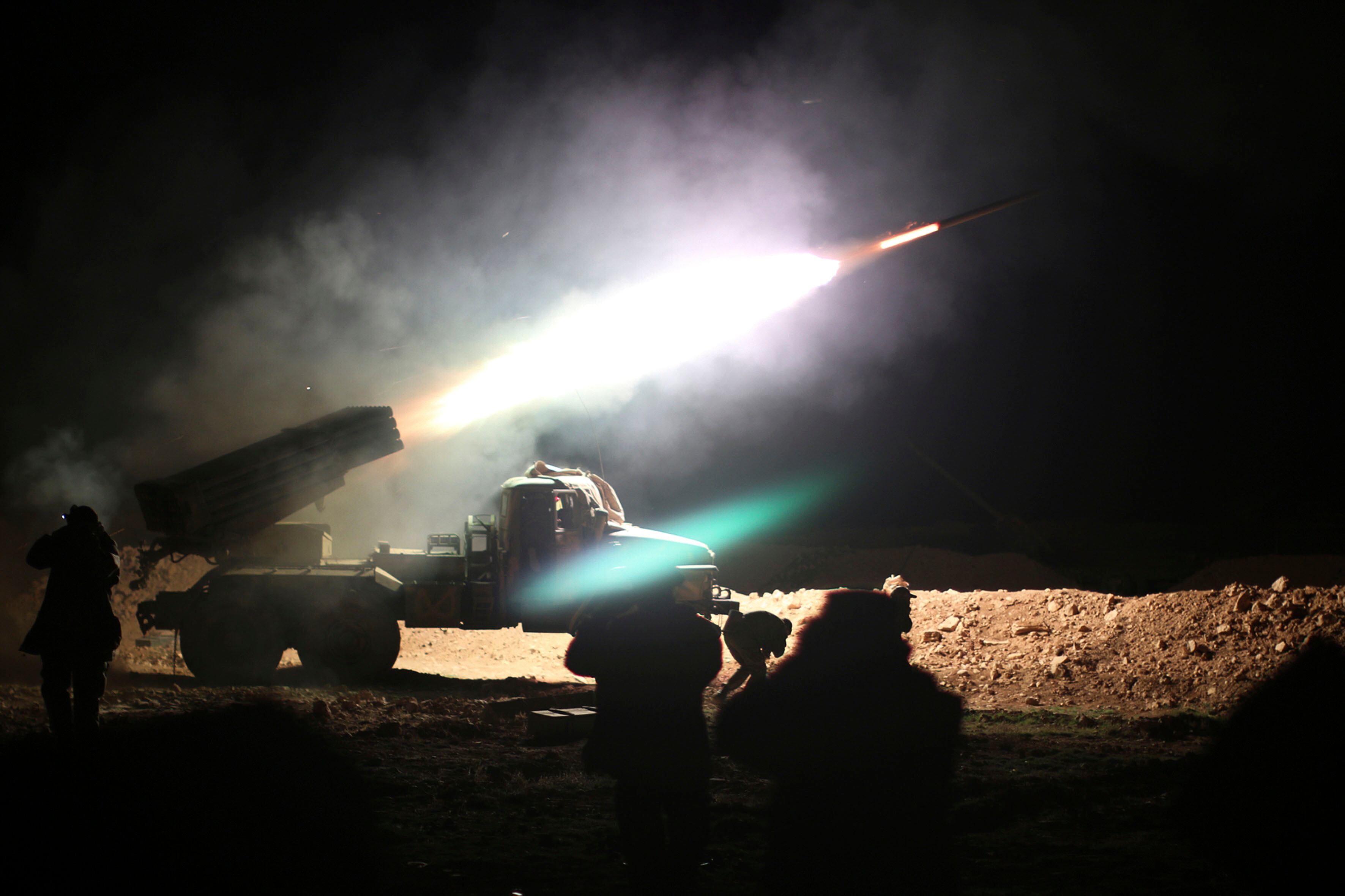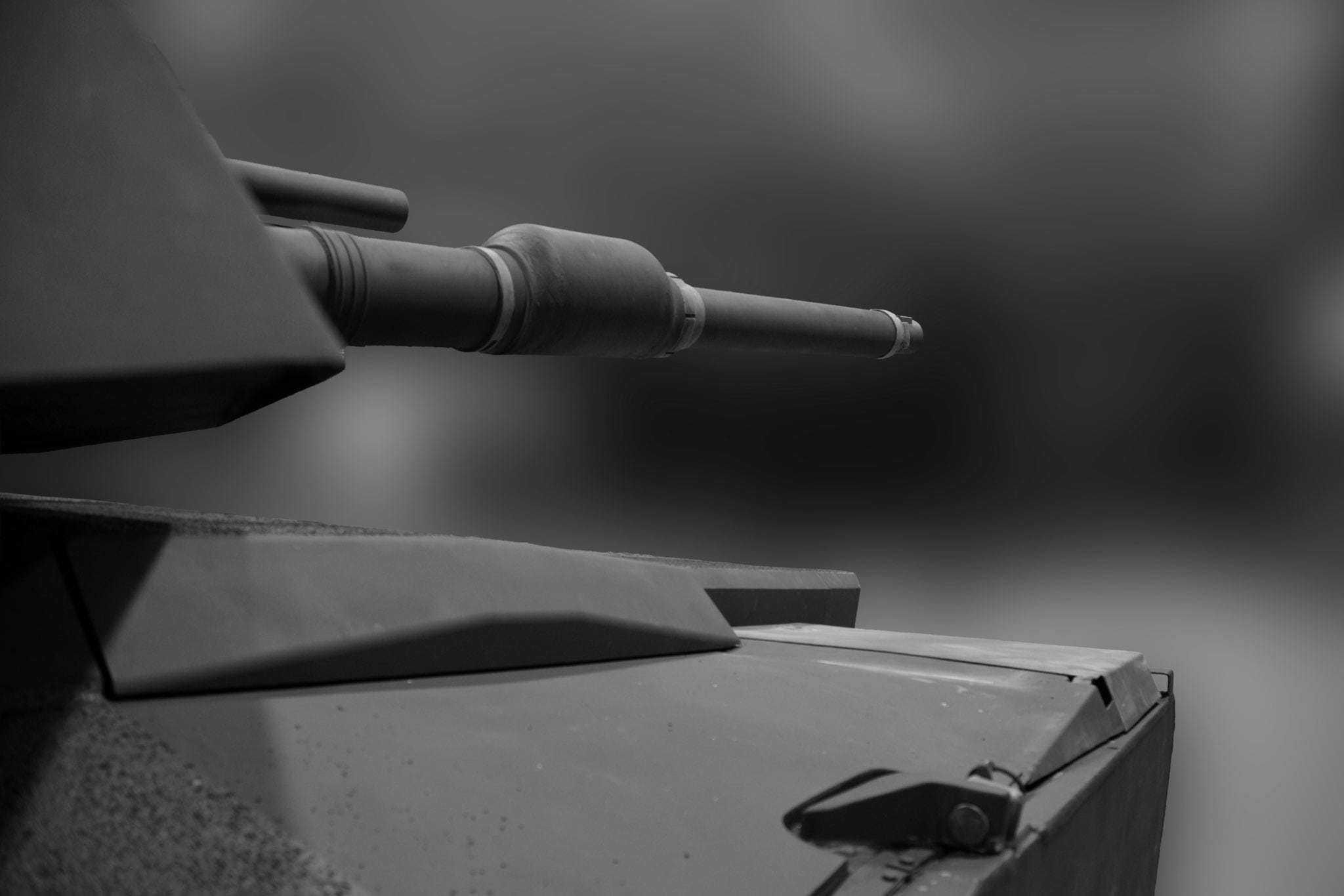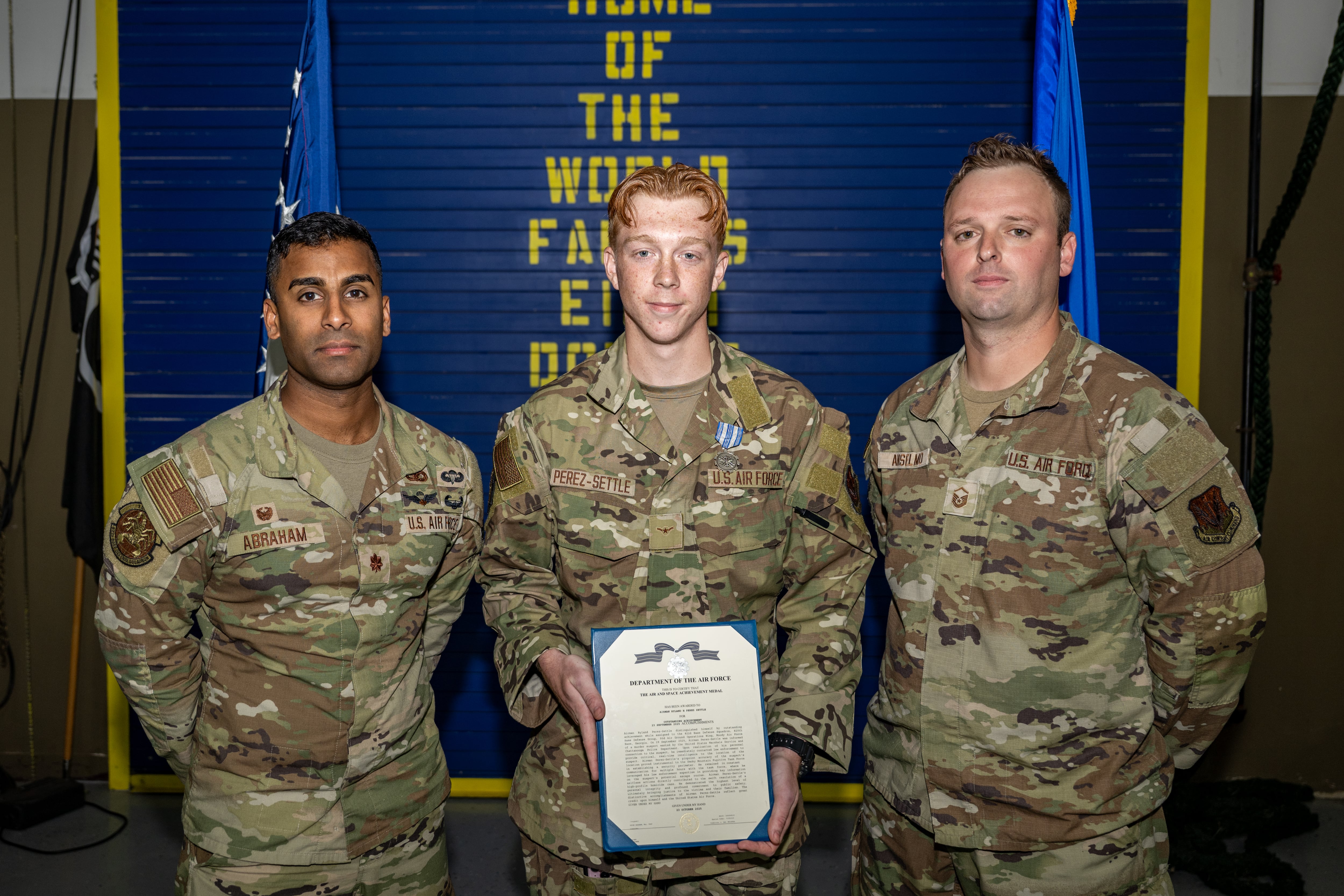U.S. and Iraqi military planners are gearing up for the long-awaited battle of Mosul, which will likely begin in April or May and mount a fighting force of up to 25,000 Iraqi and Kurdish troops to force out the Islamic extremists who have controlled the city for nine months.
In a rare public disclosure of future battle plans, a U.S. Central Command official outlined the operational planning for reporters in a briefing Thursday.
Current planning envisions that five Iraqi army brigades of "fighting forces," backed by three Kurdish peshmerga brigades, will "contain from the north," the CENTCOM official said.
Plans also call for a "Mosul fighting force" that will include many former Mosul police officers and Sunni tribesmen, which will push into the densely populated neighborhoods of the predominantly Sunni city, the official said.
For months, U.S. military officials have pointed to Mosul, Iraq's second-largest city, as a major milestone in the campaign against the Islamic State group, which has about 1,000 to 2,000 fighters in Mosul, the CENTCOM official said.
Mosul is the largest city controlled by the Islamic State across its territory in Iraq and Syria and is central to the group's stated intention to recreate an Islamic caliphate. Islamic State forces seized the city in June as several Iraqi army brigades offered no resistance, fleeing the advancing militants and abandoning arsenals of U.S.-made weaponry.
Preparations now underway include "shaping and isolating" the future battlefield of Mosul and providing U.S.-led training for the Iraqi troops who will be fighting. The CENTCOM official said U.S. and Iraqi military planners want to launch the invasion in April or May, in part to avoid the worst of Iraq's summer heat and this year's Ramadan holiday that begins in June.
But that timeframe will be slipped if the Iraqis are not considered ready, the official said.
"If they are not ready, if the conditions are not set ... we have not closed the door on sliding that to the right," the CENTCOM official said of the operation's timing.

About 2,600 U.S. troops are in Iraq, many of them advising, assisting and training Iraqi troops.
It's unclear whether the invasion of Mosul will include a small number of American forces on the ground with Iraqi combat troops to serve as joint terminal attack controllers, or JTACs, to help provide accurate targeting information for U.S. air support.
Pentagon officials say no American JTACs have been on the ground to this point. During the final planning phases for the invasion of Mosul, the potential need for JTACs will be evaluated and options presented up the chain of command for President Obama to consider, the CENTCOM official said.
It is highly unusual for military officials to offer planning details about future operations. When a reporter asked the CENTCOM official, who spoke during an official briefing on condition of anonymity, why he was providing the details, he said it was to show "the level of commitment [the Iraqis] have to this. ... This is their plan, they have bought into it."

The official said the overall effort to defeat the Islamic State, also referred to as ISIL, is going well.
"Militarily, ISIL is in decline," he said. "The military component, the military part of the campaign remains on track" and is "generally unfolding as planned."
He downplayed the suggestion that the Islamic State's influence was expanding beyond Iraq, saying that the group provides "leadership and inspiration" to militant forces that have been operating for years in countries like Afghanistan and Libya.
And he downplayed the attack on Feb. 13 when about 25 Islamic State militants dressed in Iraqi army uniforms attacked the perimeter of al-Asad Air Base in Anbar province. About 320 U.S. troops are helping to train Iraqi troops and Sunni tribal militias were on the sprawling base but were not involved in the fighting or injured.
The CENTCOM official referred to that as "micro-offensive capability" that exists to a limited degree despite a defensive posture overall and a broader erosion of ISIL power.
Andrew Tilghman is the executive editor for Military Times. He is a former Military Times Pentagon reporter and served as a Middle East correspondent for the Stars and Stripes. Before covering the military, he worked as a reporter for the Houston Chronicle in Texas, the Albany Times Union in New York and The Associated Press in Milwaukee.





